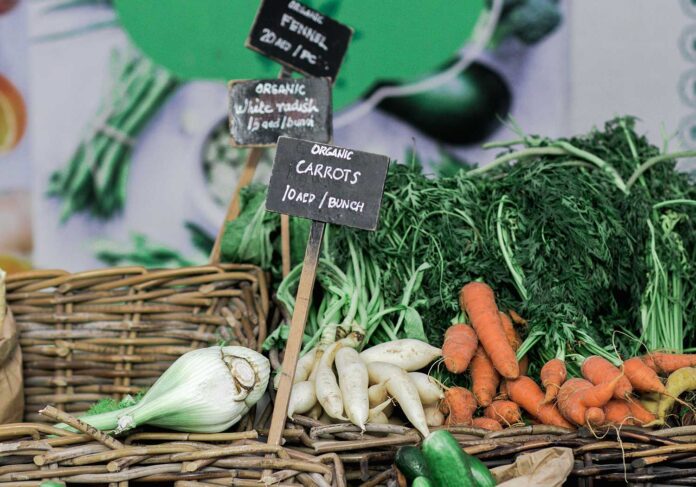A landmark tracker of ethical spending reveals the winners and losers from sustainable consumer behaviours because of the impact of coronavirus. The Co-op’s Ethical Consumerism Report, which has monitored ethical spending habits for over 20 years, shows over a half of public transport users will continue to avoid buses and trains, even after the pandemic*.
The Co-op’s Ethical Consumerism report has tracked consumer shopping habits since 1999 and provides in-depth analysis of concerns about the environment, animal welfare, energy consumption and the ethics of food production, from Fairtrade to organics.
Back in 1999 the total size of the ethical food market was just £1bn, the latest figures show it has swelled to £12.5bn** – a 4.66% rise in the year.
In the past year**, free range eggs account for the biggest shift in consumer spending on food and drink – up 15.2%. Closely followed by plant-based products which have risen 11.4%. Hybrid and electric cars account for the biggest growth in ethical spending, which a major 40% rise to hit over £5bn for the first time.
During the pandemic, the report has found that the ‘stay-at-or-near-home’ culture has inevitably led to a boom in online shopping and home deliveries as well as sharp rise in local shopping. But this is forecast to continue post pandemic as some 58% of shoppers say they are determined to continue to support the local high street in the coming year*.
Community spirit has also refused to be dented by the challenges of the pandemic, with a third of consumers set to once more support food bank donations or donate more to charities (46%) when things go back to some form of normality.
And ethical consumerism, which is forecast to exceed £100bn despite the pandemic, is set to grow further in 2021 with a third of shoppers (32%) aiming to purchase more plant-based food and Fairtrade (27%), reduce single-use plastic consumption (52%) and become more energy efficient in the home, with 49% aiming to reduce heating and lighting consumption.
According to the report, thriftiness will be a major trend in 2021 as over a third of shoppers (37%) say they’ll buy more second-hand products. And the cycling boom is set to roll on with a third of people (44%) expecting to choose to cycle more.
Jo Whitfield, CEO, Co-op Food, said: “The Co-op has tracked ethical spending for two decades and this barometer on ethical purchases shows a remarkable shift. Sustainable shopping has moved from being a niche market to an area of big spend. As growth continues, threats will naturally exist due to the economic impact of the pandemic, but through a challenging environment, opportunities will open up.”







